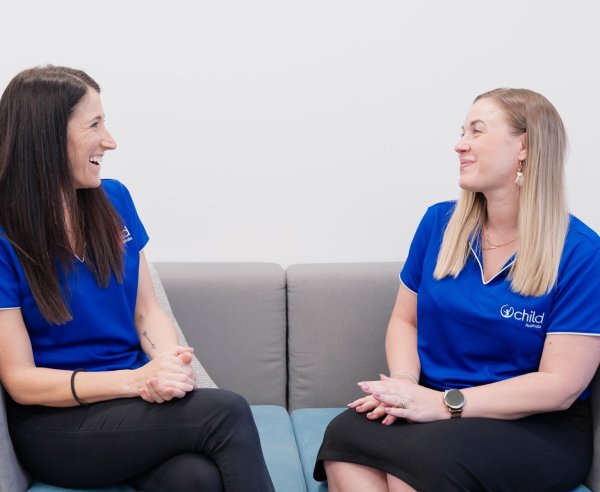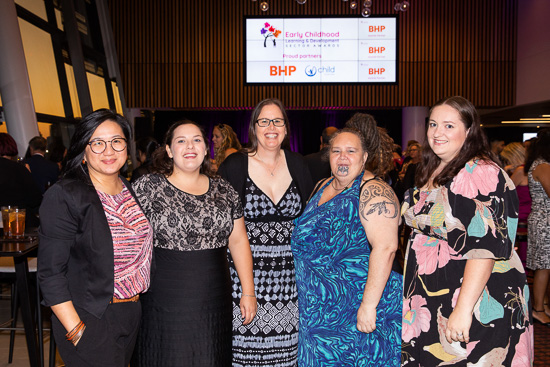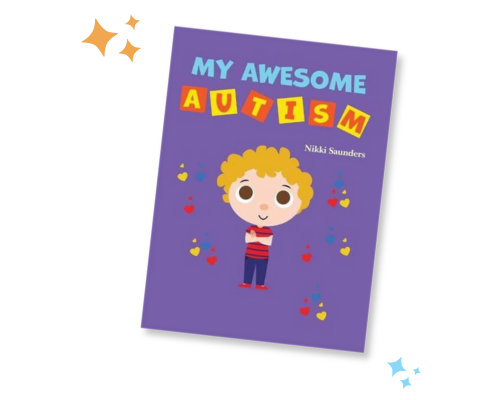Safe sleeping in the Early Years is commonly misunderstood among families, educators and approved providers. While families, service leaders and educators continue to work together to mitigate against risk of harm for children, a focus needs to be directed towards safe sleeping practices… busting myths around safe sleeping and encouraging families and early years professionals to work together to set children up for lifelong sleep success.
According to Stan Rodski, there is a huge link between sleep and brain performance. Sleep can help an individual to “become more intelligent and develop better problem solving skills and decision making, reasoning and judgement” (The Neuroscience of Excellent Sleep, Rodski.S, 2023).
This is especially important for children as they learn new concepts, information and engage in their environments throughout the morning and afternoon. The information/concept is then replayed many times while they sleep, ensuring the information/learning is remembered and stored in their memory.
The concept of sleep for older children is often controversial when supporting families in understanding the need for children to sleep and rest and the number of hours children need to sleep throughout a 24hour period. As professionals working within the sector, you may find families requesting you to limit children’s sleeping hours, with some encouraging their children to have no sleep or naps throughout the day.
Whether you want to learn more about safe sleeping practices, the importance of good quality sleep or seeking information to share with families and break down barriers of communication, this new in-service workshop is for you. Throughout the workshop we cover evidence-based practices, the purpose of sleep and creating an emotionally safe sleep environment and the number of hours sleep you should aim for each day, according to the science from multiple medical fields.
Book your in-service workshop here.
– By Sasha Beirne, Child Australia Professional Practice Consultant



